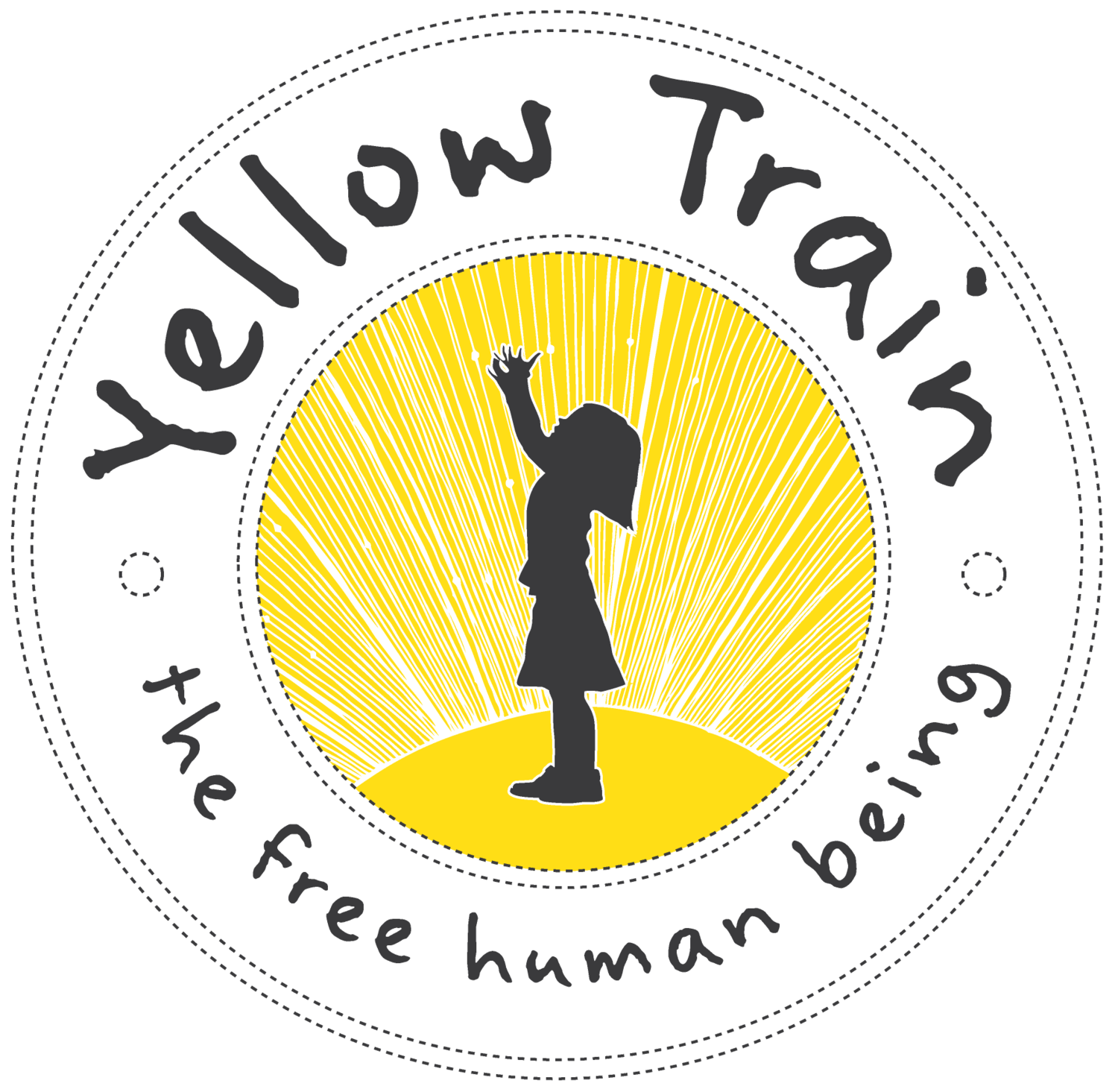Psychology Project by Grade 11
One of the electives that Yellow Train offers its A level students is psychology. While discussions within the classroom are alive with the childrens’ opinions on current affairs, the program is also designed in a manner where the children can spend time working on small projects that will enhance their understanding of a certain topic.
The grade 11 children recently worked on the topic of conformity, where they tried to understand the idea of conformity amongst teens, both in Yellow Train and outside. They sent out google forms and analysed the data they received based on theories of social psychology.
Here are some of the questions they asked on their form.
If you like someone and your friend(s) don't, would you still talk to them in front of your friend(s)? Why or why not
Are your friends easily replaceable? Can you change your friends easily with others? Why or why not?
How much do you think your friends have an effect on you on a scale of 1-4? (1 being least affecting, 4 being most affecting).
Do you think behaving the same way as the majority does is good?
Do you think you do something (watching F1, K drama just to fit in?
Do you follow what your family does because you don’t want to argue with them?
The analyses spoke not just of their learnings in the classroom but also their lived experiences as teenagers. For instance, an analysis of the first aforementioned question reads:
This answer was quite unexpected, as usually teenagers are stereotyped in doing this quite often. The outcome however I felt was quite mature as 19 of the responses were under the theme of free will and understanding, where many of them stated it is their own free will and right for them to talk to a third party. Many also brought in the aspect of healthy and toxic relationships.
This is a small glimpse into the world of our upper school, where pedagogy extends beyond the classroom walls, where the children are encouraged to ask questions, make mistakes, make their own conclusions and inevitably, ask more questions.
